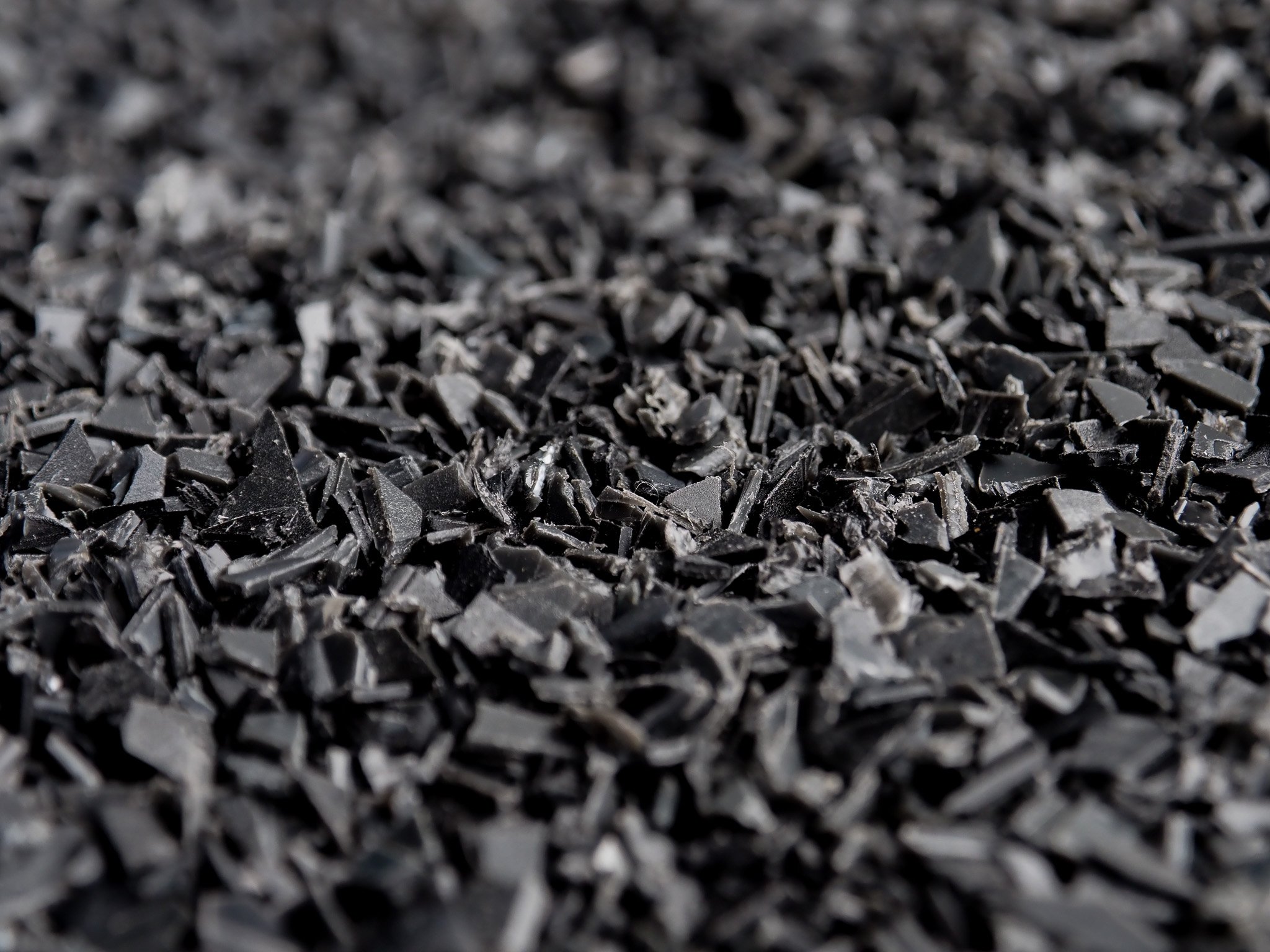Plastics: MFI
Understanding the significance of a High Melt Flow Index (MFI) when injection moulding recycled plastics.
In the intricate realm of plastic manufacturing, precision is the name of the game. The capacity to control the flow and behaviour of molten plastic holds the key to achieving impeccable product quality. An indispensable metric in this process is the Melt Flow Index (MFI), and in this blog post, we are going unravel the importance of a high MFI, particularly when you're harnessing the capabilities of Sustainable Design Studios injection moulding machines for recycled plastics and how to source them.
Introduction
Understanding Melt Flow Index (MFI)
Melt Flow Index or MFI, serves as a barometer of a thermoplastic material's flow properties. Put simply, it quantifies how effortlessly molten plastic can be processed. MFI values are typically expressed in grams per ten minutes (g/10 min) and are determined by measuring the rate at which a specific quantity of plastic, under defined conditions, flows through a standardized orifice. The evaluation generally entails heating the plastic to a specific temperature and applying a standard weight to facilitate its passage through the orifice.
The outcome of understanding what MFI you are utilising results in the following benefits:
Enhanced Consistency: When you're dealing with recycled plastics from diverse sources, material consistency can vary considerably. A high MFI enables precise assessment of the material's melting characteristics. This equips our injection moulding machines to maintain unwavering processing conditions, ensuring each product's top-tier quality.
Optimized Machine Settings: Our machines are meticulously engineered to work with specific types of plastics, adhering to predefined temperature and pressure settings. A high MFI in your recycled plastic material allows for precise machine calibration, eliminating issues like inadequate mould filling or excessive material overflow, ultimately resulting in reduced wastage.
Cost Reduction: A deep understanding of your recycled plastic material's MFI facilitates streamlined production processes (through better product design). This translates into energy savings, shorter cycle times, and fewer rejected products, all of which collectively contribute to cost efficiencies.
The Virtues of a High MFI
Utilising a high MFI offers numerous advantages for the injection moulding process, including:
Quicker Mould Filling: Plastics with a high MFI exhibit swift and efficient mould filling, resulting in the creation of flawless, fully formed products.
Low Melt Viscosity: High MFI plastics possess lower melt viscosity, making them inherently easier to process and reducing pressure-related challenges in the machine.
Efficient Cooling Times: The rapid flow of high MFI plastic minimizes cooling times, accelerating the overall production process.
Reduced Risk of Blockages: Plastics with a high MFI are less prone to causing blockages or obstructions within the machinery.
In sum, understanding the MFI of your recycled plastic materials and making sure they are of a high MFI is pivotal to a smooth-sailing injection moulding process that delivers exceptional, defect-free products.
Different MFI of Common Household Plastic Items
To understand MFI better, let's consider the MFI values of some common household plastic items:
Plastic Bags: Typically have a low MFI, which means they have a slower melt flow. This makes them easy to process into films but not suitable for intricate moulding.
Plastic Bottles: These often have a low to medium MFI. They need to maintain structural integrity, but they also require the ability to flow into various mould shapes.
Plastic Cutlery: Cutlery-like forks and spoons have a low to medium MFI, allowing them to be moulded with sufficient detail while maintaining strength.
Plastic Containers: Containers may have a medium to high MFI, as they need to balance form and function. They require structural integrity but also the ability to flow into various shapes.
Plastic Toys: Toys can have various MFI values depending on their complexity. More detailed toys may require a higher MFI for intricate moulding.
it’s important to note that as highlighted above, different plastic items have different MFI’s which in turn means that depending on what you are injecting with at the time may result in different outcomes with the same mould. That’s why it’s best to test different sources for different moulds and if you are having issues that could potentially be characteristics of a Low MFI, adjust your process to include a higher MFI plastic.
Conclusion
In the arena of injection moulding with recycled plastics, the Melt Flow Index is important to consider when trying to make consistent, high-quality products with streamlined production. At Sustainable Design Studio, we recognize the pivotal role MFI has in this process and have tailored our machines to seamlessly accommodate recycled plastics, making sustainable product injection moulding not just an aspiration but a reality. By harnessing the power of a high MFI, you're well on your way to unlocking the full potential of recycled plastics in your manufacturing journey.





